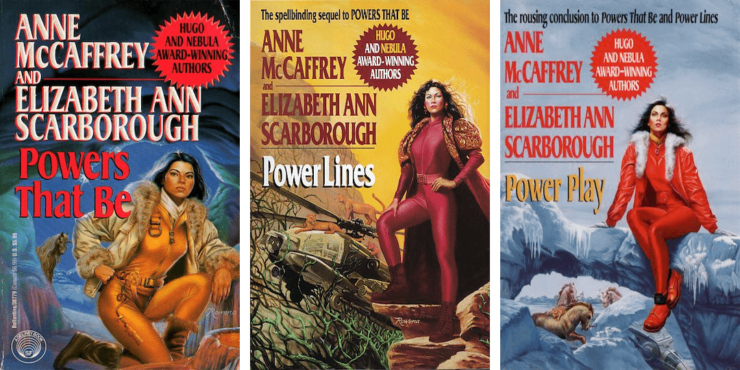The Best Climate SF Novel You Might Have Missed: Anne McCaffrey and Elizabeth Ann Scarborough’s Powers That Be
Comment number:
6
Advertisement
Showing 2 results

“We are all stardust and stories.”
Erin Morgenstern, The Starless Sea
For compliance with applicable privacy laws:



